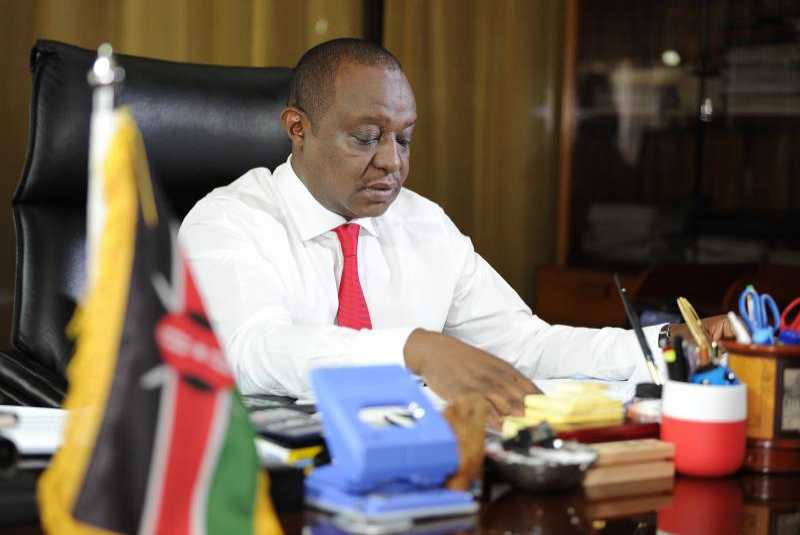×
The Standard e-Paper
Smart Minds Choose Us

You should brace yourself for tougher times ahead as the Government prepares to increase taxes and cut its expenditure.
National Treasury Cabinet Secretary Henry Rotich yesterday said he was targeting a fiscal deficit of 5.7 per cent of the gross domestic product for the current financial year.